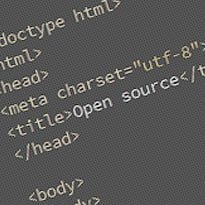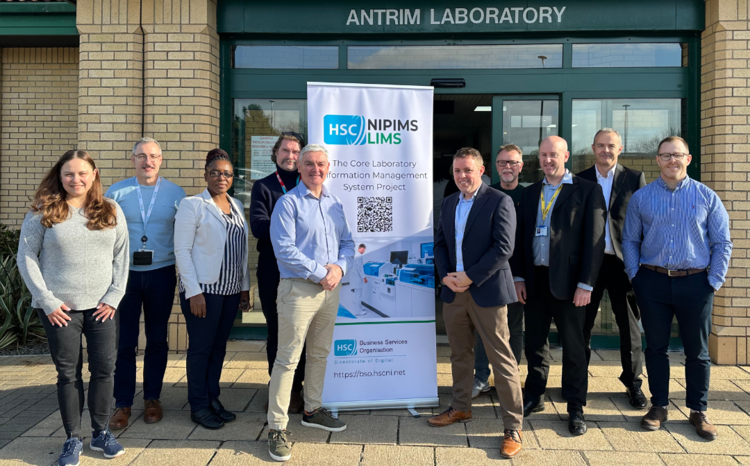Code4Health – it’s alive!
- 31 March 2014

NHS England’s Code4Health project is alive and may soon start kicking again.
First announced by the organisation’s director of patients and information Tim Kelsey in October 2012, news on the initiative to teach 50,000 clinicians to code went quiet in the latter half of 2013.
However, NHS England’s head of business systems Richard Jefferson is now heading up Code4Health, which is running alongside the organisation’s open source programme.
He told EHI the first task is defining what the coding project’s objective is.
“One of the first things we are doing is looking at those people developing products and clinicians who are interested in development to see how they can start to link and how their business problems could be turned into technical solutions,” Jefferson said.
“This is not just about clinicians at the top end of the spectrum who are desperate to code, but also about teaching those clinicians who have business problems and know what they need to achieve, how to talk to the IT department and giving confidence to get them engaged to start thinking about it.”
Jefferson said there is a need to teach clinicians to code, but also to understand ways to analyse data and how to use technology to do that.
Further details on what Code4Health will involve and achieve will be published later in the year.
When announced by Kelsey, it was going to be based on the US organisation ‘Code for America’, created to teach local government workers how to create apps and services using open source data.
The initiative was due to be launched last autumn and would involve 50,000 clinicians learning to code over the next few years.
EHI later heard that the programme had been axed, but a spokesperson for NHS England said in November that it was committed to Code4Health and that the programme, “will empower clinicians, patients and NHS managers to improve care and treatment through the use of technology”.
The spokesperson added that: “NHS England is currently reviewing the options for project delivery and will be making an announcement in the New Year.”
The first signs of life in the initiative were seen again at the Health and Care Innovation Expo in Manchester in early March, where founder of Open Health Care UK Carl Reynolds spoke about the need to include clinicians in design processes to ensure services are user friendly.
Reynolds does not have a formal role with the Code4Health programme, but has been regularly providing input to NHS England on digital health matters.
“I would like to see a focus on real world problems,” he said.
“Many of the problems are a consequence of current digital services not having a user focus. I would like to see teams of people – health care professionals and patients – coming together with people who have a deep understanding of the technology.”
Reynolds said teaching clinicians to code would have two benefits. Firstly, it would give them a deeper understanding of what is possible and that a problem may be able to be solved by drawing on digital technology.
It would also give them a better understanding of what is reasonable in terms of cost of technologies and development work.
“There’s some merit in having a concerted effort to raise general IT literacy, but it must be done with the awareness that the NHS isn’t specialist in teaching people to code. There exists a competitive market for teaching general programming skills and it may be that such services are better equipped to teach programming than the NHS,” he said.




